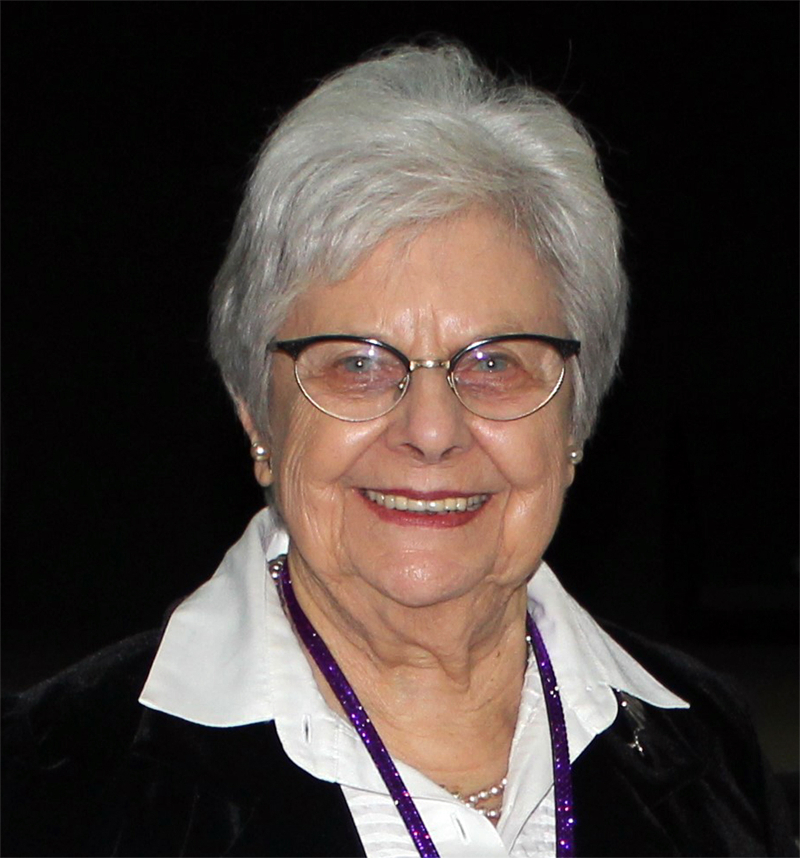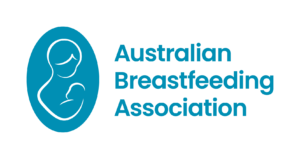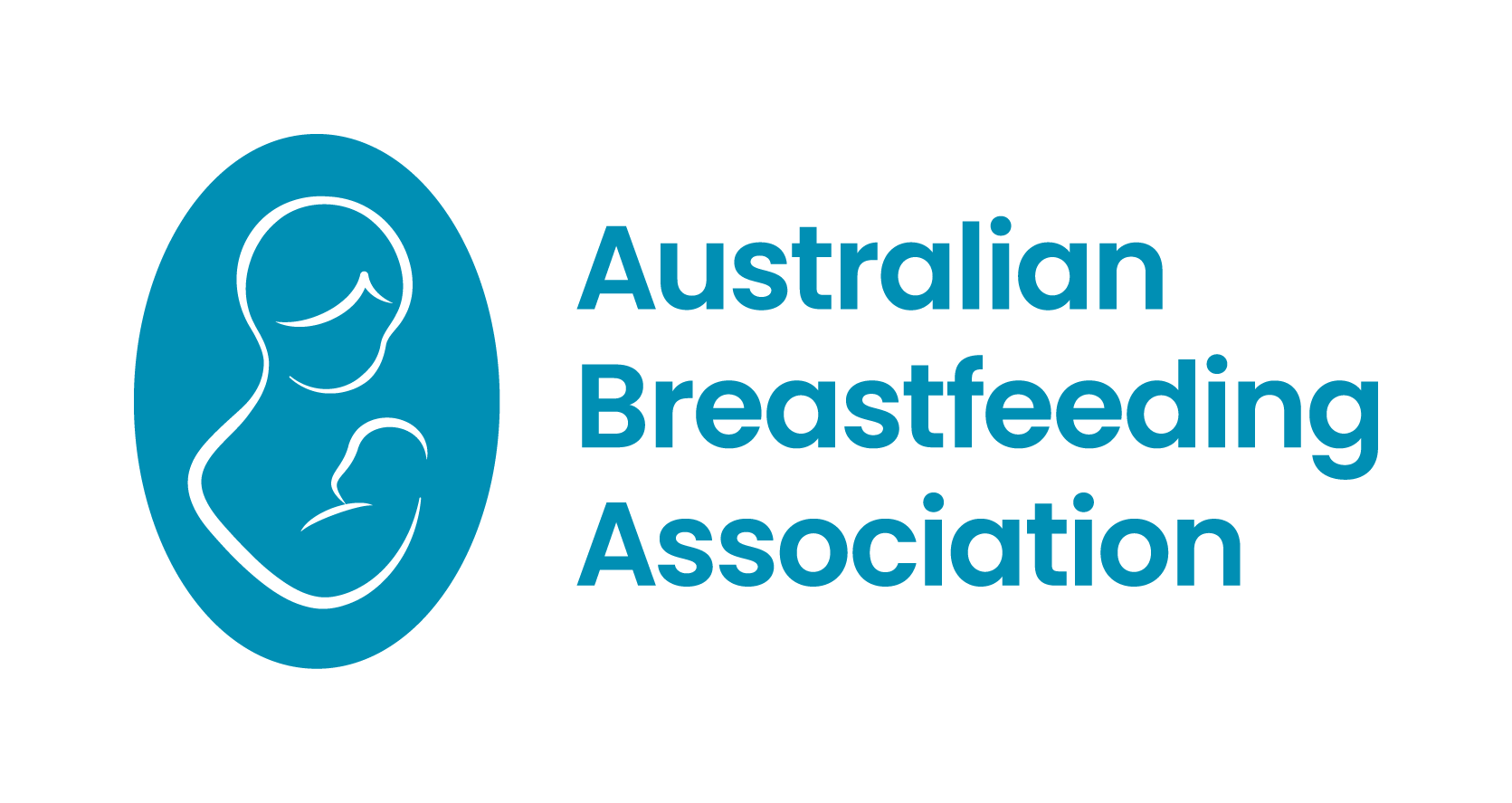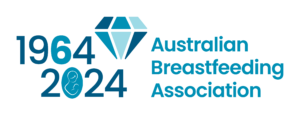
Previous Winners
Mary Paton Research Award 2021 – Debbie Noble-Carr, Katherine Carroll, Simon Copeland and Catherine Waldby
This research paper provides insight into bereaved fathers' experiences, perspectives and practices in relation to their partner's lactation after stillbirth, neonatal or infant death. It identifies the need for an enhanced focus on family-centred bereaved lactation care and acknowledgement of the positive role that bereaved breastmilk donation has for both mothers and fathers following infant loss. Access the paper here
Mary Paton Research Award 2019 – Roni Cole
This paper indicates that suboptimal breastfeeding practice is associated with increased risk of infants dying suddenly and unexpectedly. Human breastmilk is universally acknowledged to be the optimal form of nutrition, contributing to child survival and conferring immunologic advantage over formula feeding. A cross-sectional survey was conducted to identify the potentially at-risk population groups for suboptimal breastfeeding practices. Access Roni's paper here
Mary Paton Research Award 2015 – Nicole Bridges
This study provides insight into the experiences of mothers using closed Facebook groups attached to the Australian Breastfeeding Association (ABA) and how these mothers find and share breastfeeding support and information using this forum. It found that the main themes of these social network groups were support, community, complementary, immediate, and information. Access Nicole's paper here
Mary Paton Research Award 2013 – Dr Karleen Gribble
This research provides insight into the process by which women became internet-facilitated peer-to-peer milk recipients. It identified that many peer milk recipients have medical histories that can make breastfeeding challenging or impossible. As a group they do not appear to be typical of the general population of breastfeeding women. It also indicated that determining a cause and possible solutions to the breastfeeding difficulties of milk recipients is often extremely problematic. Health workers dealing with breastfeeding women require greater training in the recognition and treatment of conditions that adversely affect breastfeeding, including a physiological incapacity to fully breastfeed. Although peer-to-peer milk recipients come to milk sharing because of necessity, they appear to be satisfied with the solution it provides to their problem of being unable to fully breastfeed their infants. Access Dr Gribble's paper here
Mary Paton Research Award 2011 – Ms Marie McLaughlin
In her winning paper, Ms McLaughlin examines breastfeeding knowledge, knowledge related to breastfeeding the hospitalised infant, policy and guideline awareness, and attitudes to breastfeeding in the paediatric nursing community. Participants responded to an extensive questionnaire in which they demonstrated excellent breastfeeding attitudes and general knowledge. Nonetheless, deficits in breastfeeding knowledge related to specific outcomes were identified (including attachment, maintenance of milk supply, expressing, impact of supplements, protective benefits and supportive advice and strategies). Access Marie's paper here
Mary Paton Research Award 2009 – Dr Wendy Brodribb
In her winning paper, Dr Brodribb acknowledges that breastfeeding is an important public health issue, and considers that whilst medical practitioners can have a significant impact on breastfeeding initiation and duration, there are few studies investigating their views regarding women's infant feeding decisions. Dr Brodribb's mixed-methods study employed qualitative (focus groups and interviews) and quantitative (questionnaire) data collection techniques to investigate the attitudes and views of Australian medical students and GP registrars about infant feeding decision-making. Access Dr Brodribb's paper here







